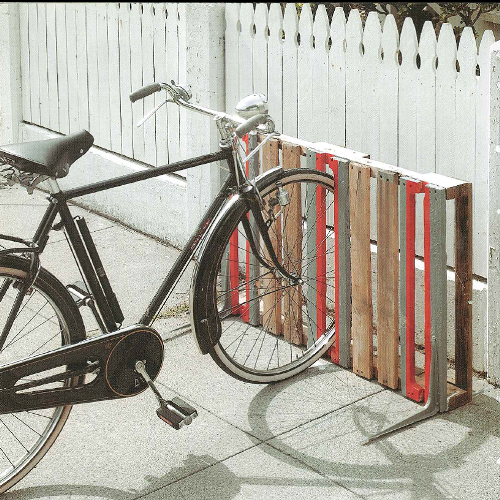Rebel girls from the past ... Lillian Lenton
Lillian Lenton born January 5, 1891 died October 28, 1972.
Dancer, suffragette, escape artist and fugitive, awarded French Red Cross in the Great War, speaker for Save the Children Fund and Animal Welfare campaigner.
I came across the name Lillian Lenton whilst at work one afternoon. I was reading a paragraph about an art gallery curator in Leeds who had helped a young suffragette to escape from the police. The suffragette in question, Lillian, had been on hunger strike in prison and had been released to recover her strength.
 |
| Police surveillance photograph of Miss Lenton |
What interests me about Lillian is that unlike other high profile suffragettes, she didn't come from a comfortable or privileged background. Her father's occupation was a carpenter-joiner in Leicester. I can't help but wonder what her family circumstances were that made her so independent and free-thinking in nature. Instead of taking on traditional female work after school she decided to train as a dancer.
It was in 1912 that her life changed after hearing Emmeline Pankhurst speak. "I made up my mind that night that as soon as I was twenty-one and my own boss… I would volunteer".
As a suffragette she was repeatedly arrested and imprisoned for arson and window-breaking, went on hunger strike and almost died after a botched force feeding incident (which also made her a cause célèbre in the press). She was well known for being a brilliant escape artist.
The escape from the police involving the Leeds art gallery curator is like something out of a movie. She was staying in his home at the time, while recovering from her hunger strike. Police were guarding front and back doors and she was under constant surveillance. Disguising herself as a delivery boy,she had climbed into a van and drove straight past the police whilst reading a comic and eating an apple. From there she was sent by taxi to Harrogate and then on to the Yorkshire coast where she made her way to France via private yacht.
During the Great War Lillian played her part by serving with the Scottish Women's Hospitals Unit in Serbia and was awarded a French red cross medal for her dedication.
Finally, the Representation of the People Act in 1918 meant that women could vote for the first time. However, the stipulations meant that only women over the age of 30 and householders (or wives of householders) could vote. For so many this was a terrible disappointment. In her her own words she said, "Personally, I didn't vote for a long time, because I hadn't either a husband or furniture, although I was over 30." It wasn't until 1928 before universal suffrage was granted to everyone over the age of 21, whether home owners or not.
Though she was famous for being a suffragette, for the remainder of her life she continued to work for the rights of women (Women's Freedom League speaker from 1924-1933), children (Save the Children Fund speaker) and animal welfare. She travelled throughout Russia and worked for the British Embassy in Stockholm.
All I can say is thank goodness for our great grandmothers, who did all the hard work for us, women like Lillian Lenton. Whether women choose to become housewives, mothers, bank managers or Prime Ministers there is always the freedom of choice. Sadly something women in certain parts of the world still don't enjoy to this day.


Comments
Post a Comment